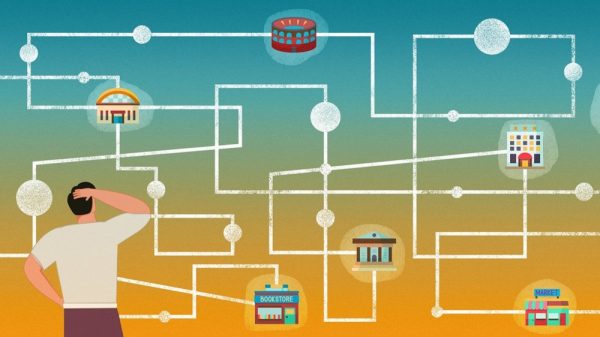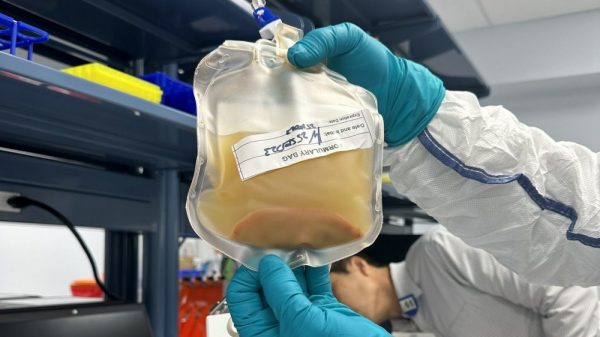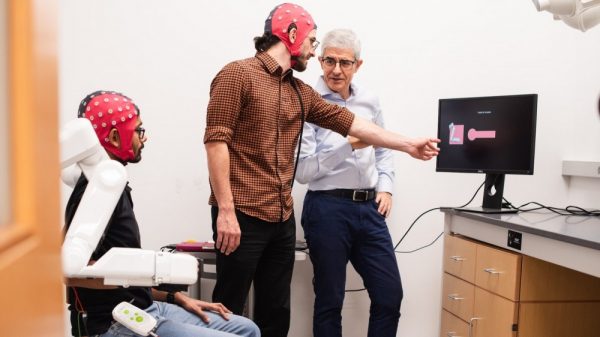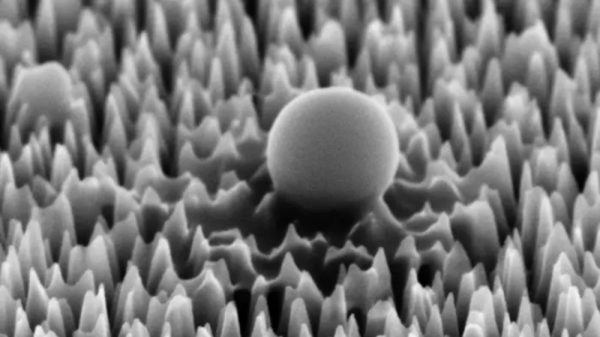I get this question a lot, and we’ve talked about it before in this column. There is some new information that is interesting.
The honest answer is that we don’t know why it is we sleep. We spend about a third of our lives doing it, so nature must have a reason for it. But it’s hard to ask nature questions — or, at least, to get an answer.
One possible reason for sleep is obvious: Our muscles may need the rest. However, the heart is a muscle, and it doesn’t rest while we sleep, thank goodness. And like our heart, many of our other organs, such as the liver and kidneys, keep working.
Maybe our brains need rest? It makes sense, but I doubt it’s the reason. That’s because brain wave studies show that the brain is active while we sleep.
Sigmund Freud thought that we needed to sleep in order to dream. He thought we needed to dream in order to deal with hidden conflicts, desires, fears and other psychological issues. Today, many psychiatrists doubt that we need to dream for those reasons.
In the past 10 years, scientists here at Harvard Medical School and elsewhere have published a great deal of evidence that dreaming (and, hence, sleeping) is important in memory and learning. That makes sense to me. You’d think we’d need some time, without distractions, to sort through and to organize the new information that entered our brains the previous day. Sleep would be a good time for doing that.
Studying electrical signals given off by the brain (brain waves) and signals by our muscles has allowed us to know that there are two major types of sleep: rapid eye movement (REM) or dreaming sleep, and non-REM or quiet sleep. During the night, you move between different sleep stages in a fairly predictable pattern, alternating between REM and non-REM sleep.
During REM sleep, your eyes dart back and forth behind closed lids. Your body temperature rises. Your blood pressure increases. Your heart rate and breathing speed up to daytime levels. And yet your body hardly moves, except for intermittent twitches.
During deepest sleep, which is non-REM sleep, hormones are released that stimulate repair and growth in your organs. And your immune system becomes primed to defend itself against infection.
Recent research has discovered that the “plumbing system” of the brain flushes wastes out of the brain during sleep. In tomorrow’s column I’ll talk about that in detail.
So, it must be obvious that I haven’t really answered your question. I don’t know exactly why we sleep. Nor, as far as I know, does anyone else. But it clearly is important for the health of our brain and our body.
Share this content:
















Post Comment